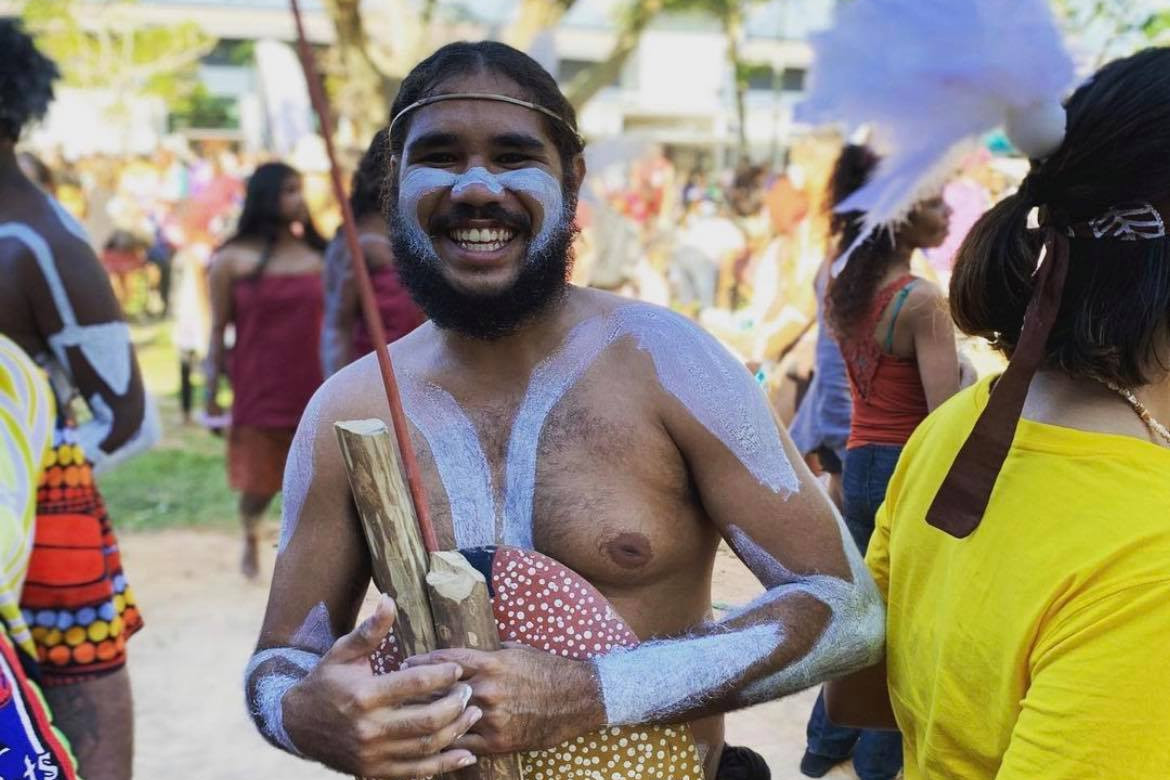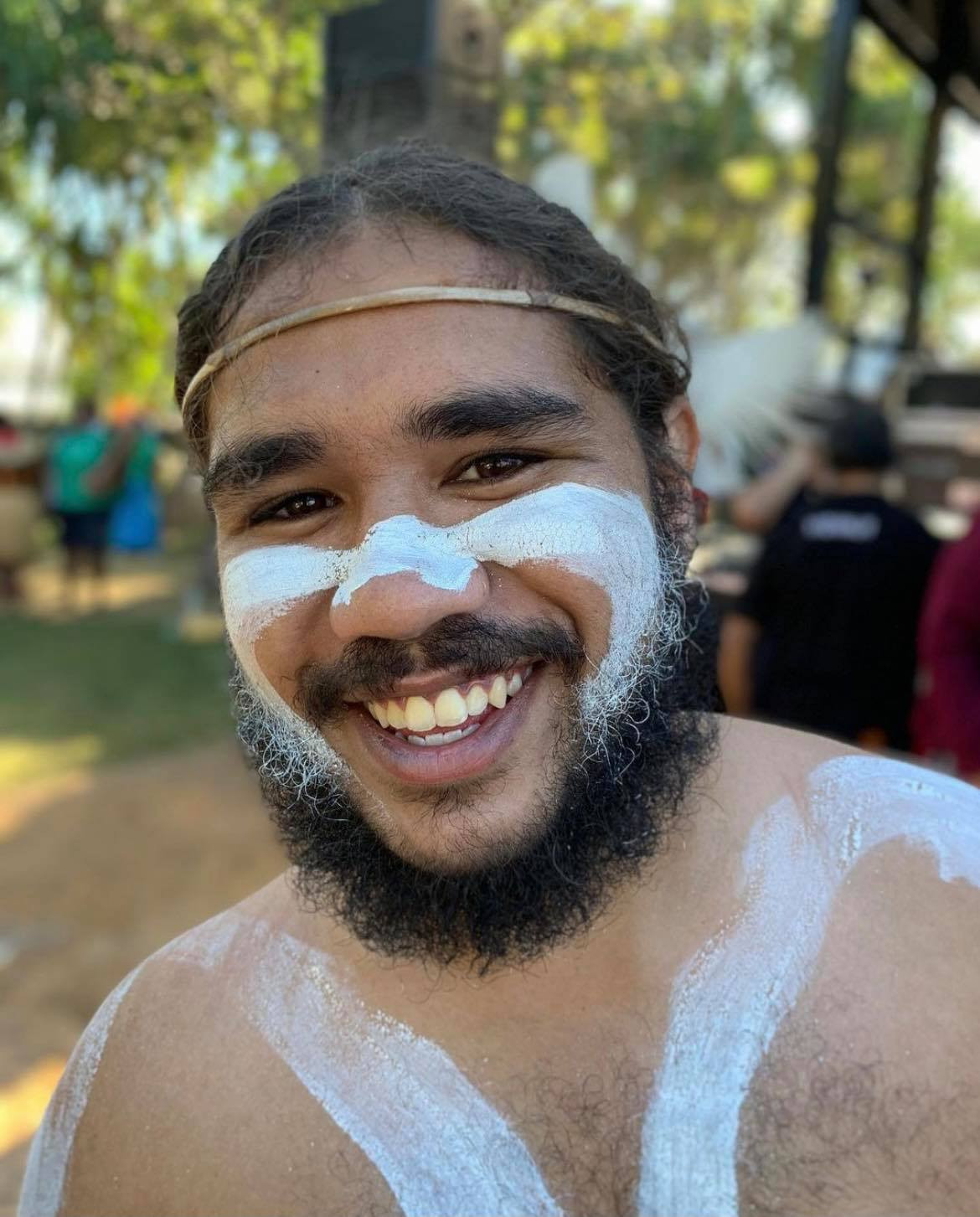General News
25 January, 2021
The call for a day we can all enjoy
Almost every country around the world has a national day. It’s a chance for everyone to come together in unity and celebrate what they love about their country and to be grateful for the life we have. And who doesn’t love an extra excuse for a public holiday, a barbecue and a pool party? I’m all for celebrating our beautiful country. However, most countries don’t do it on the day that they were invaded.

For example the Irish do not joyously celebrate the time when the British invaded their country, near-erased their language and forced a new religion upon them, and they would probably be quite put out if anyone told them they had to.
Plenty of other countries like the United States, Mexico, Argentina, Fiji, and about a hundred others are happy to celebrate their national day on the day that they gained independence from colonial rulers rather than the day settlers began seizing the land from local indigenous people.
But Australia is different. Many Australians do not know that January 26, 1788, is the date English Captain Arthur Phillip raised a flag in Sydney Cove to claim New South Wales as a British colony, dispossessing the traditional owners who had been there for tens of thousands of years.
What followed was a long process of Indigenous people systematically being massacred or moved from their land to make way for European settlement.
That’s why many Indigenous people don’t feel any more inclined to celebrate Australia Day on January 26, than the Spanish would celebrate being invaded by the Moors in the sixth century – however long ago it may have been.
Jiritju Fourmile doesn’t celebrate Australia Day on January 26. He is a Gimuy Yidinji man from Cairns.
“Growing up we didn’t celebrate Australia Day, we celebrated Survival Day,” he said.
He is a descendant of the people who were targeted in a European settler-led massacre at Skeleton Creek, near Edmonton in Cairns, in 1885.
Cairns historian Dr Timothy Bottoms estimates that around 50,000 Indigenous men, women and children were killed by European settler-led massacres Australia-wide between 1859 and 1897.
“They cut off my ancestors' heads and put them on stakes to warn us we couldn’t enter Cairns anymore. That was our boundary line,” said Jiritju.
“Later on, my grandmother and grandfather were taken off the land and forced to live in a dormitory at Yarrabah Mission. They had to deal with rationing of food.
“They had to deal with stolen wages. My grandmother was a teacher and used to do house cleaning as well. My grandfather worked in a wood mill. And they were working for about 50 cents a day.
“So, a lot of people tell you forget about it, it’s in the past. But my grandmother and grandfather only passed away a couple of years ago and there are still people alive today who went through the dormitory as well. And it impacted my father when he was growing up.
“Nowadays, the impacts are different. Whether because of the housing crisis for Indigenous people, or remote communities suffering with health crises. There’s talk about equal opportunity but really underneath, it’s not.”
Around Australia many people are joining the call to #changethedate of Australia Day. It’s not hard to do. It’s been changed before numerous times. It’s only been celebrated on January 26 since 1994.
Since 2017, the iconic Triple J Radio annual ‘Hottest 100’ Countdown has been moved to take place on a different day in January, (this year it was on Saturday January 23) and many of the younger generation are following suit and celebrating on that day instead.
Since 2013, eight City Councils around Australia have already chosen to change the date of their Australia Day celebrations including Flinders Island and Launceston in Tasmania, Yarra City, Darebin and Moreland in Victoria, Inne West and Byron Bay in New South Wales, and Fremantle in Western Australia.
Research undertaken by The Australia Institute recently reported that 56 per cent of Australians don’t mind when we celebrate Australia Day as long as we have a day to celebrate being a nation, and 49 per cent of Australians believe that Australia Day should not be on a date that offends Indigenous Australians.
In 2017, market research organization McNair yellowSquares found that 54 per cent of Indigenous Australians polled were in favour of changing the date and only 23 per cent felt positively about Australia Day.
Jiritju said he would support a date change.
“I think it should be on another day, just because of what it symbolises for Indigenous people. For us it’s a day of mourning, it’s a day of reflection for our ancestors and our people,” he said.
“Of course I have friends that celebrate Australia Day on January 26. It’s their right, they can celebrate it if they want, but as for myself, I have the right to sit back and reflect, and celebrate it how I want to celebrate it.”
Although he acknowledged that there are many deeper issues facing Indigenous people in Australia which ought to be prioritised, he said he and many others would feel more included in Australia Day celebrations if they were held on a different day.
“I think it’s better if we can all come together and unite, rather than having differences, and celebrate as all Australians,” he said.
“I’d love to see the Cairns Regional Council get behind changing the date. We have a high population of Indigenous people in Far North Queensland, whether that be Torres Strait Islander or Aboriginal, and it affects us all.”
He said acknowledgement of the day’s true significance would go a long way towards reconciliation.
“Every day should just be a learning day – whether that be Australia Day or a normal day of the week.
“That might mean contacting and getting in touch with local Indigenous people, in the local communities wherever you live. There are multiple Indigenous communities around the far north that anyone can get in contact with, have a sit down, have a yarn.
“We should be able to accept each other’s differences and have a conversation and mutual understanding.”
This year on January 26, more than 6000 people in Brisbane have responded to an “Invasion Day Rally and March” to be held in Brisbane at 10am, while in the Cairns area, Yarrabah Community has activities planned for locals to reflect on “Invasion Day” together.



